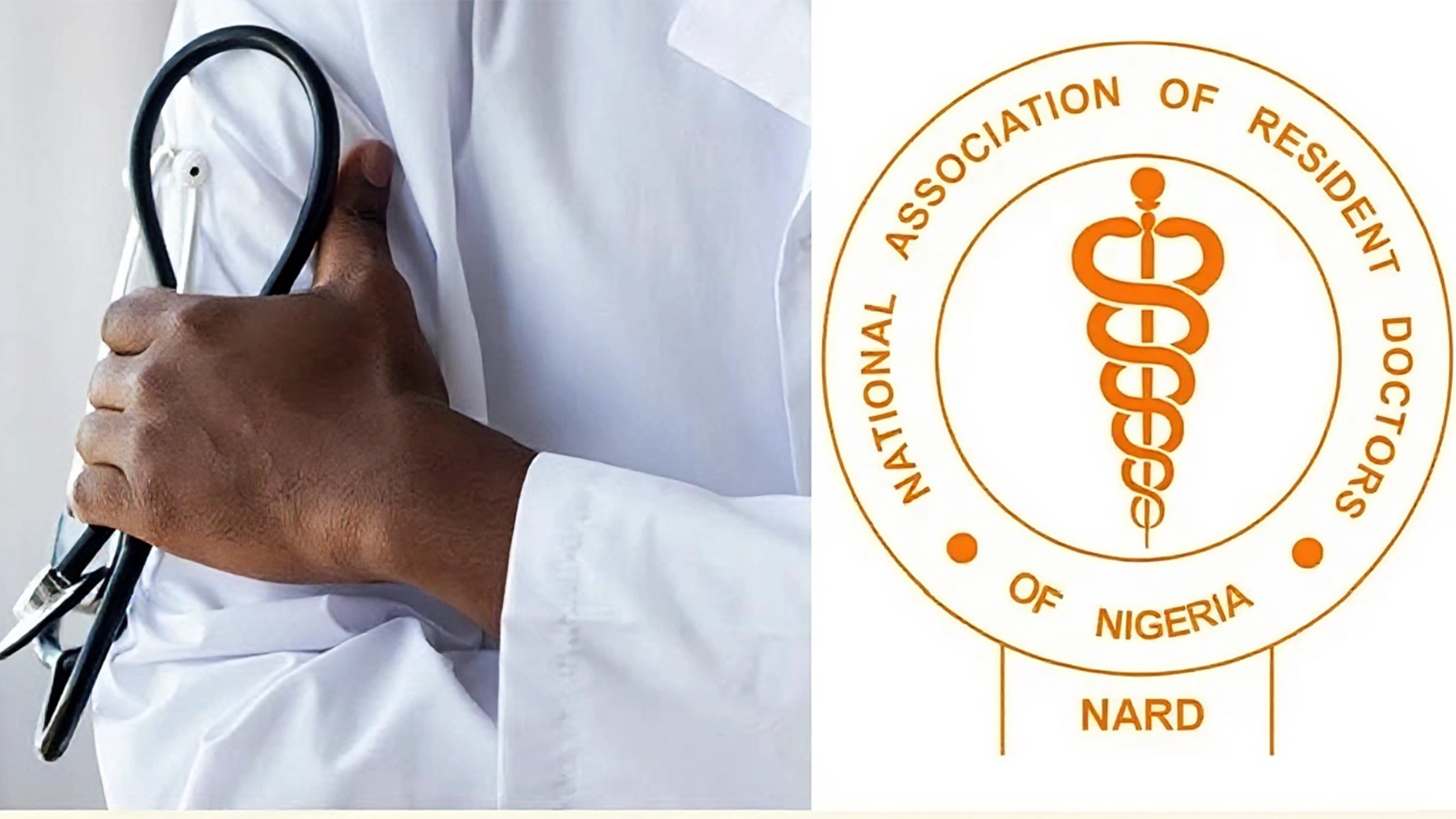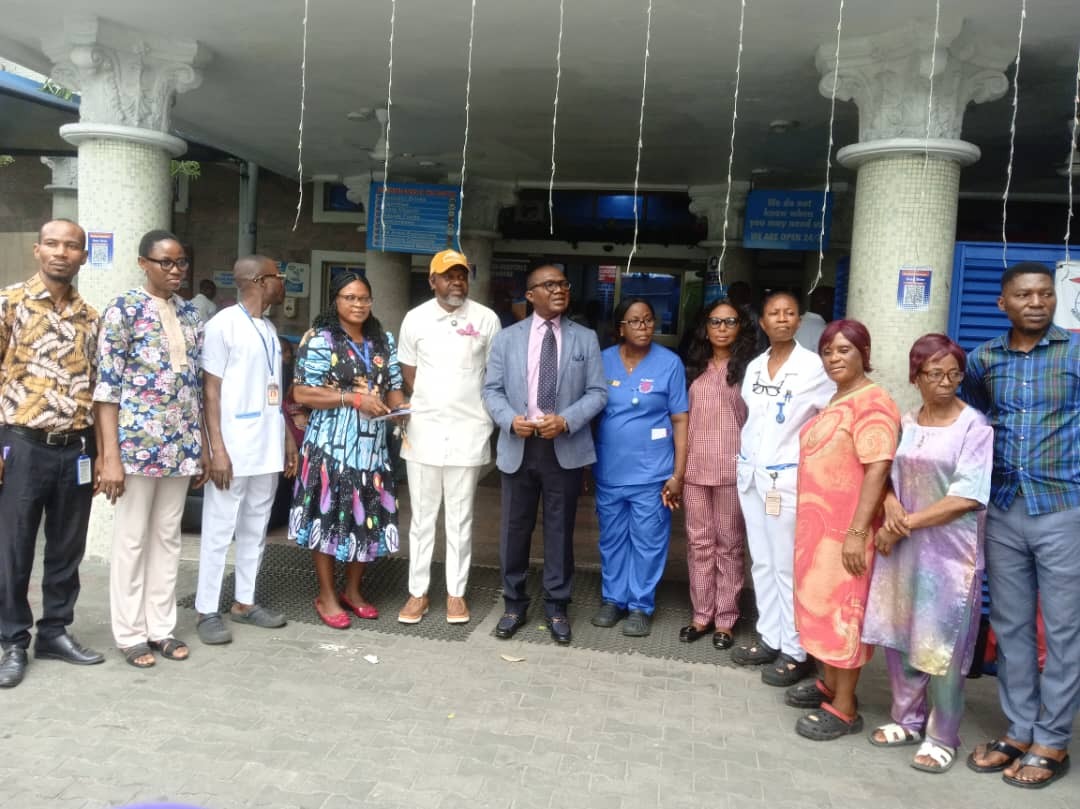The Yobe State government has commenced the distribution of three million insecticide-treated nets to curb malaria and reduce child mortality across the state.
This year, the under-five mortality rate in Yobe is estimated at 110 deaths per 1,000 live births, highlighting the urgency of intervention.
Governor Mai Mala Buni, represented by his deputy, Idi Gubana, at the Emir of Damaturu’s palace, reaffirmed the government’s commitment to eliminating malaria and child mortality in all 178 communities across the state. He explained that the treated net distribution aligns with the Federal Government’s nationwide malaria eradication agenda, which targets all 744 Local Government Areas (LGAs).
Gubana urged community and religious leaders to collaborate with health workers to ensure that the distributed nets are used consistently in about 1.5 million households. “The support and engagement of stakeholders are crucial to achieving a malaria-free state, including the border communities with Niger,” he said.
Commissioner of Health and Human Services, Dr Muhammad Gana, described malaria as a persistent public health threat affecting over 68 million Nigerians yearly, including pregnant women and children under five.
The Emir of Damaturu, Shehu Hashimi Ibn Umar Al-Amin El-Kanemi, called on residents to continue using the treated nets diligently both at home and in workplaces.
The Coordinator of the National Malaria Elimination Programme (NMEP), Dr Antenna Ogbulofor, represented by Margret Chibuotutu, stated that this year’s campaign leverages data-driven distribution and geospatial mapping to reach high-burden communities efficiently.
In a related development, the government has inaugurated the State Council on Nutrition 774 Initiative (CNI-774), a Federal Government-designed programme aimed at improving child nutrition and addressing severe acute malnutrition (SAM) across the country’s 774 local councils.
Buni emphasised that the initiative seeks to strengthen food security, healthcare, and nutrition through multi-sectoral community engagement. “The 17 LGAs in Yobe are tasked with coordinating nutrition delivery for children, particularly those suffering from SAM,” he said.
The initiative ensures that both children and mothers have access to life-saving nutrition interventions, meeting basic needs and promoting children’s full developmental potential.
Senior Special Assistant to the President on Public Health and Focal Person on Nutrition, Uju Rochas, described malnutrition among over two million Nigerian children as a “silent killer” that adversely affects growth, education, and overall development.






